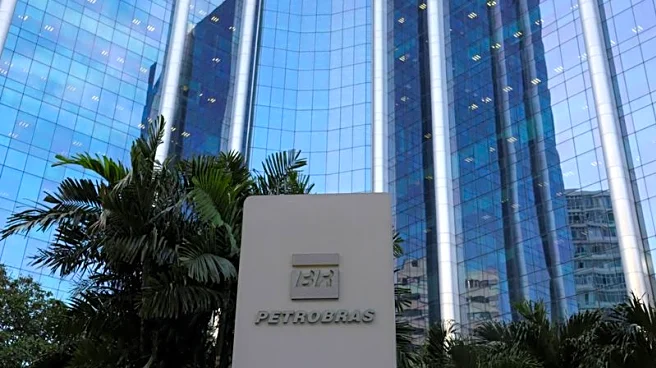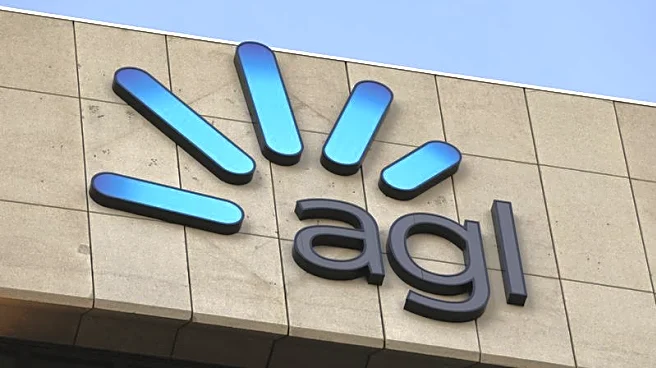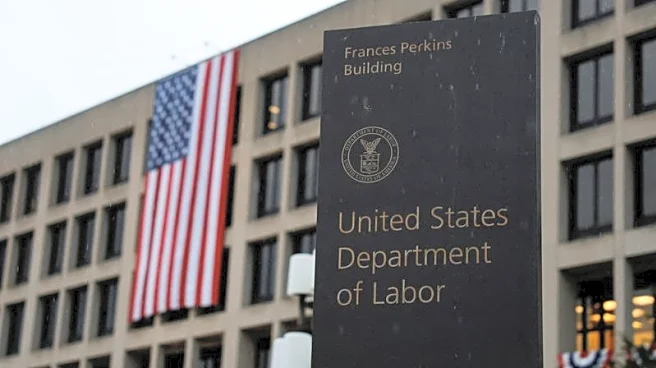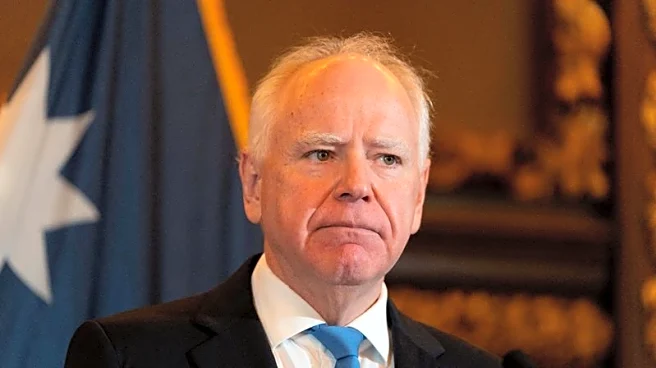By Dan Catchpole
SEATTLE (Reuters) -One year after taking the helm during Boeing’s deepest crisis in decades, CEO Kelly Ortberg has stopped the company's freefall. Now, he faces new challenges: ramping
up jet production, reviving a struggling defense and space division, and restoring profitability at the storied planemaker.
Ortberg was comfortably retired in Florida when Boeing’s board offered him the top job at a company bleeding cash and reeling from reputational damage.
The crisis had deepened after a mid-air panel blowout on a new 737 MAX in January 2024, prompting his predecessor’s exit and reviving memories of two fatal MAX crashes - in 2018 and 2019 - that killed 346 people.
Ortberg arrived promising to restore trust, stay close to the factory floor, and ensure Boeing met its commitments to safety, quality, and transparency.
Since then, Boeing has notched a string of wins: it has improved efficiency and quality on the 737 line, navigated President Donald Trump’s trade policies, reached a deal with the U.S. Department of Justice to drop its prosecution over the crashes, signed blockbuster airplane deals, and landed the contract for the U.S.' first sixth-generation fighter, the F-47.
Its stock is up 39% from a year ago, with the biggest gains coming in recent months as 737 output has risen.
But Boeing is still losing money, trailing Airbus in the single-aisle market, struggling to fix its space and defense programs, carrying heavy debt, acquiring its biggest supplier, Spirit AeroSystems, and falling behind on certifying its newest jets.
Ortberg’s immediate challenge is to ramp up production of the 737 MAX to pre-crisis levels and beyond - while positioning Boeing to eventually replace it with a new model.
"The biggest risk for Boeing looking forward is do they end up becoming a great company again or just a mediocre company?" said Ron Epstein, Bank of America aerospace analyst.
Boeing declined to make Ortberg available for an interview.
CULTURE CHANGE
An Iowa native, Ortberg, 65, spent decades climbing the ranks at avionics firm Rockwell Collins, becoming CEO and steering it through a series of deals resulting in aerospace company RTX.
Known for his no-nonsense style, he retired in 2021.
Jans Timmers, who reported directly to Ortberg at Rockwell Collins, recalled Ortberg saying to him when dealing with a money-losing program: "Put all the shit on the table and let's deal with it."
"And that's what he's doing at Boeing now," he added.
When Ortberg arrived, Boeing - once celebrated for helping win World War Two and landing men on the moon - had become synonymous with cutting corners, prioritizing profits over production quality, and misleading regulators and customers.
Ortberg shifted the focus to fixing the basics: reducing defects, eliminating out-of-sequence work, and improving overall build quality rather than simply pushing out more jets.
"Give a damn!" became one of Boeing’s new core values under Ortberg, introduced to employees in April.
Alaska Airlines CEO Ben Minicucci credited Ortberg for being physically present on the factory floor in Seattle - where he chose to live, unlike predecessors.
"They’re walking the floor, they’re feeling what’s going on,” Minicucci said. "That’s different to what happened in the past."
TRUMP TURBULENCE
Ortberg faced one of the toughest challenges for any U.S. CEO this year: managing Donald Trump.
The U.S. president publicly slammed Boeing in February over delays and cost overruns on the Air Force One replacement program.
Despite the tension, Trump joined Ortberg in May to celebrate a record widebody order from Qatar Airways. Behind the scenes, Ortberg and other aerospace leaders were working to manage Trump’s volatile trade policies, which have largely spared the industry from new tariffs.
Ortberg’s most notable hire is Jeff Shockey, a seasoned aerospace political operative, brought in as Boeing’s top lobbyist. Boeing needs Federal Aviation Administration support to boost production and certify new jets, as well as continued federal backing to develop the F-47 fighter, named after Trump as the 47th president.
"The idea of doing any of these without an experienced hand at the head of Boeing’s Washington operations is inconceivable," AeroDynamic Advisory managing director Richard Aboulafia said.
STRUGGLES
Ortberg has not had everything go his way. He struggled to end a strike last year by 33,000 union members who assemble Boeing's jetliners on the West Coast, which lasted seven weeks and deepened divides within the company.
A separate group of 3,200 union workers who build fighter jets went on strike on Monday.
The company continues to lose money - $643 million through the first half of the year - and Ortberg has pushed back the long-delayed certifications of the 777-9 and the 737 MAX's smallest and largest variants, the MAX 7 and 10, to next year.
Ortberg must now prepare Boeing to launch a new plane this decade that can retake market share lost to Airbus - or risk being relegated to also-ran for another decade or longer.
Ortberg downplayed the stakes when asked about the year ahead during a recent earnings call.
"It's just one day at a time, improve our performance, address the issues that we have, restore trust and build confidence with our customer base and our end users of our products," he said.
(Reporting by Dan Catchpole in Seattle; Editing by Joe Brock and Rod Nickel)











